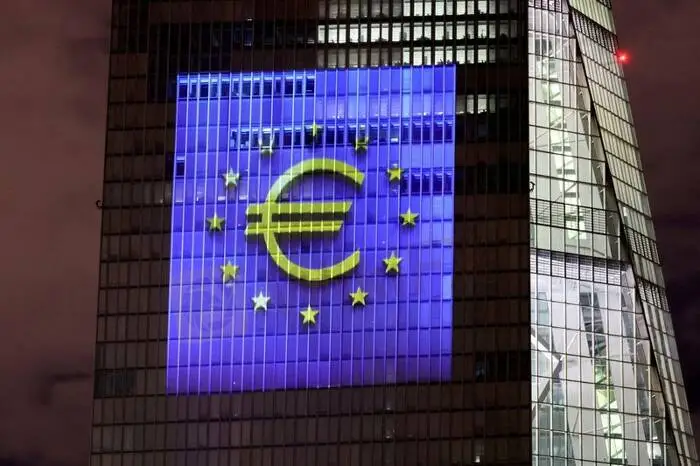简体中文
繁體中文
English
Pусский
日本語
ภาษาไทย
Tiếng Việt
Bahasa Indonesia
Español
हिन्दी
Filippiiniläinen
Français
Deutsch
Português
Türkçe
한국어
العربية
Dollar recovers ground as risk appetite fades
Abstract:Overnight surges left the euro and pound sitting pretty in early Asia helped by good U.K. jobs data and a general improvement in investor sentiment on solid U.S. retail sales and hopes of easing lockdowns in China.
The U.S. dollar rose on Wednesday, on pace to snap a three-session losing streak, as concerns about the outlook for global economic growth and rising inflation knocked sentiment a day after U.S. Federal Reserve Chair Jerome Powell struck a more hawkish tone.
Powell on Tuesday pledged that the U.S. central bank would ratchet up interest rates as high as needed, including taking rates above neutral, to curb a surge in inflation that he said threatened the foundation of the economy.

The neutral rate is the level at which economic activity is neither simulated nor constrained and is widely expected to be somewhere in the region of 3.5% by mid-2023.
On Wednesday, the dollar benefited from demand for safe havens as stocks sold off and Treasury yields fell.
“Yesterday‘s risk rally appears to have been, predictably, short-lived, having fizzled out almost entirely in this morning’s trade,” said Michael Brown, head of market intelligence at Caxton in London.
“Consequently, haven USD demand has re-emerged, with something of a ‘flight to cash’ taking place, with Treasuries failing to find bids despite the shaky sentiment,” Brown added.
The U.S. Dollar Currency Index, which tracks the greenback against six major currencies, was up 0.4% at 103.76, on pace to snap its longest losing streak since mid-March.
“Technically, it will please the bulls that the dollar index has managed to hold above the prior support at 103.20, which when coupled with the continued dismal economic backdrop should keep the USD firm for now,” Caxtons Brown said.
The pound fell 1.1% against the dollar on Wednesday after data showed British inflation rising to 9%, the highest level in 40 years.
With investors taking a dim view of riskier currencies, the Australian dollar, viewed as a liquid proxy for risk appetite, slipped 0.8%. Australian wage growth ticked up by only a fraction last quarter, leading investors to scale back bets on larger increases in interest rates.
Cryptocurrency markets were fairly quiet after last weeks turmoil. Bitcoin fell about 4% and was last trading at $29,094.59. Ether fell 6% to slip below $2,000.
(Reporting by Saqib Iqbal Ahmed; editing by Jonathan Oatis and Will Dunham)
Disclaimer:
The views in this article only represent the author's personal views, and do not constitute investment advice on this platform. This platform does not guarantee the accuracy, completeness and timeliness of the information in the article, and will not be liable for any loss caused by the use of or reliance on the information in the article.
WikiFX Broker
Latest News
Geopolitical Events: What They Are & Their Impact?
Volkswagen agrees deal to avoid Germany plant closures
Top 10 Trading Indicators Every Forex Trader Should Know
TradingView Launches Liquidity Analysis Tool DEX Screener
MultiBank Group Wins Big at Traders Fair Hong Kong 2024
WikiEXPO Global Expert Interview: Simone Martin—— Exploring Financial Regulation Change
'Young investors make investment decisions impulsively to keep up with current trends' FCA Reveals
Why Do You Feel Scared During Trade Execution?
CySEC Settles Compliance Case with Fxview Operator Charlgate Ltd
Malaysian Influencer Detained in Taiwan Over Alleged Role in Fraud Scheme
Currency Calculator


